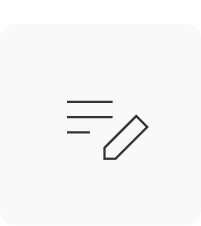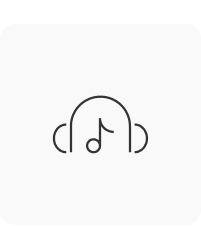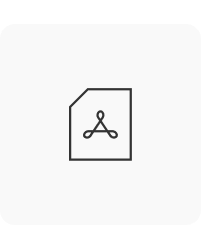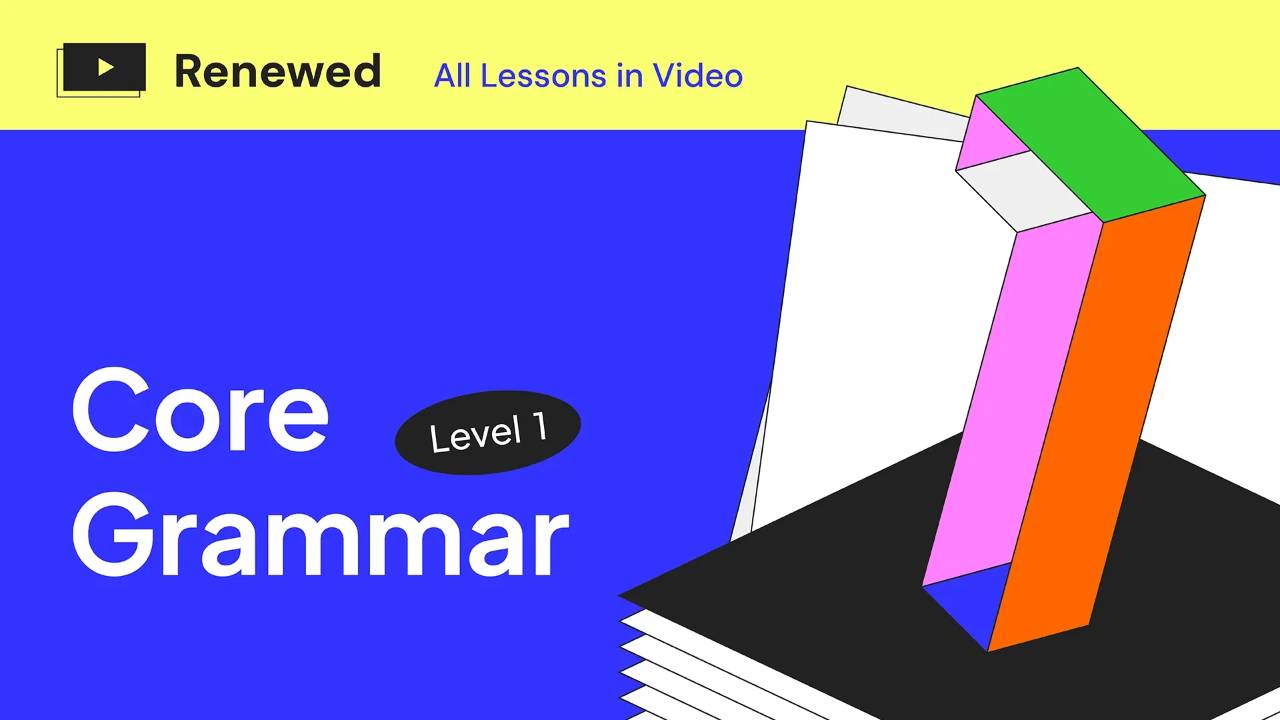"Take Your First Step into Korean Learning!"
Main topics of the Level 1 course:
- Basic greetings
- How to count numbers in Korean
- Basic grammar for forming your first Korean sentences
- Present and past tense
- How to say "who", "why", and "how" in Korean
Table of Contents
![]() Average lesson length: 13 minutes
Average lesson length: 13 minutes
Lesson 1. Hello. Thank you. / 안녕하세요. 감사합니다.
Lesson 2. Yes. No. What? / 네. 아니요. 네?
Lesson 3. Good-bye. See you. / 안녕히 가세요. 안녕히 계세요. 안녕.
Lesson 4. I’m sorry. Excuse me. / 죄송합니다. 저기요.
Lesson 5. It’s me. What is it? / 저예요. 뭐예요?
Lesson 6. What is this? This is … / 이거 뭐예요? 이거…
Lesson 7. This, That, It / 이, 그, 저
Lesson 8. It’s NOT me. / 아니에요.
Lesson 9. Particles for Topic and Subject / 은, 는, 이, 가
Lesson 10. have, don’t have, there is, there isn’t / 있어요, 없어요
Lesson 11. Please give me. / 주세요.
Lesson 12. It’s delicious. Thank you for the food. / 맛있어요. 잘 먹겠습니다. 잘 먹었습니다.
Lesson 13. I want to … / -고 싶어요
Lesson 14. What do you want to do? / 뭐 하고 싶어요?
Lesson 15. Sino-Korean Numbers / 일, 이, 삼, 사
Lesson 16. Basic Present Tense / -아요, -어요, -여요
Lesson 17. Past Tense / -았/었/였어요 (했어요)
Lesson 18. Particles for Location / 에, 에서
Lesson 19. When / 언제
Lesson 20. Native Korean numbers / 하나, 둘, 셋, 넷
Lesson 21. Negative Sentences / 안, -지 않다
Lesson 22. 하다 verbs
Lesson 23. Who? / 누구?
Lesson 24. Why? How? / 왜? 어떻게?
Lesson 25. From A To B, From C Until D / -에서/부터 -까지
Review What You’ve Learned in Level 1
Why you'll LOVE our Essential Korean Curriculum
All Levels Covered Short and Digestible Lessons Fun Story-based Reviews Review Quizzes and Interactive Audio Lessons
By simply following our curriculum that covers 10 levels, you can take your Korean skills from absolute beginner all the way up to advanced.
Each lesson is bite-sized and easy to understand, as it focuses on one grammar point at a time and provides many example sentences.
You can review the entire course through a fun story! The final lesson of each course features a fun story that allows you to review all the grammar and vocabulary introduced in the course.
You can test your new knowledge through review quizzes and interactive audio lessons, where our teachers ask you questions, and you can respond and check where you need to improve.
Who teaches this course?


What you can find in this course:

Lesson notes

MP3 file

PDF file

Sample dialogues

Sample dialogues

Review lesson
[Updated] Learn to Read and Write in Korean (Hangeul)![]()
#Hangeul #KoreanLetters #AbsoluteBeginners
How Korean Sentences Work![]()
#KoreanSentences #Grammar #Beginner
30 Essential Korean Adjectives For Beginners![]()
#KoreanAdjectives #Vocabulary #Beginner
20 Essential Korean Phrases For Beginners![]()
#KoreanPhrases #Speaking #Beginner
Level 1 Textbook ![]()
Level 1 Workbook ![]()
Level 1 Textbook & Workbook Package ![]()
More courses & books you might also like
[Updated] Learn to Read and Write in Korean (Hangeul)![]()
#Hangeul #KoreanLetters #AbsoluteBeginners
How Korean Sentences Work![]()
#KoreanSentences #Grammar #Beginner
30 Essential Korean Adjectives For Beginners![]()
#KoreanAdjectives #Vocabulary #Beginner
20 Essential Korean Phrases For Beginners![]()
#KoreanPhrases #Speaking #Beginner
Level 1 Textbook ![]()
Level 1 Workbook ![]()
Level 1 Textbook & Workbook Package ![]()






I’m just starting level 2, just in case anyone needs a study buddy.
Text me on Instagram @sanguine_seven
안녕하세요! i am just starting level 2 so if anyone is looking for a study partner, you can message me on IG: btluv_ or ytt.miranda!
여러분, 안녕하세요! I just finished lesson 10! I’m looking for some study partner. You can Dm on Telegram @LangHunter
Lesson 9 Question: How many Korean Friend do you have?
Me: 없어요 🙁 친구하자 :*
Hi TTMIK
저에게 도와 주기 때문입니다. I dont understand why this sentences is wrong. Can you explain to me? THANK YOO><
need some buddy :> you are free to message me on IG @_snowiesoo
For lesson 6, what was the quiz sentence? I only got 그런데 시험이에요. Or is that completely wrong LOL
I need a study buddy to practice with me > < My twitter: @blacksoang
I sent you a dm.
I am looking for a friend also reply to this comment please so we can add each other somewhere
Hi, i am also looking for a friend!
same
I’m looking for a study group or a study buddy ^^ you can DM on kakao @lavalx
In lesson 8, “저는 매일 밤 열시에 드라마를 봐요” is the correct answer? please help hehe
If there is anyone who is committed in studying korean more often or as possible Pls. Leave a text on Fb messenger to the profile: Sashika Krish Peiris. ( it’s my mom’s but it’s alright) when or if u text Pls be like “hi Sasha” and smthng
I’m looking for a study buddy 😊 you can DM me on IG @yeng_liit
I sent you a DM in your IG account! 🙂
Just finished all of level 2!!! However I still have problems with my listening skills… I only understood half of the dialogue..
this may be really stupid, but like why do we nominalize verbs in korean? is it bc it will be more clearer to the listener or…
We do it in English too! For example, we have the verb, “to amaze,” but if you nominalize it, it becomes “amazement.” If you nominalize verbs, you can “talk about the action without actually doing it”; with nominalization, you can talk “about” verbs like cooking, singing, etc. It’s a bit confusing because “cooking” can be a noun and a verb, but the example of amaze/amazement is a clearer example of how this works. There’s a lot that native English speakers (me included) don’t realize about their own language because it’s a big jumble of other languages 🙂
Hai there, I am Septi..
Is it a kind of gerund as in english? I got confuse with the present Progressive… Whats the difference?
In lesson 23, sample sentences, it’s says for “I am going to watch” it’s bol-kkeo-ye-yo. But isn’t it Bo-reul-kkeo-ye-yo as the verb stem ends in a vowel ?
Ohhh no no… Uve got it a bit confused. Bo-reul ko-ye-yo isn’t right “reul” is object marking particle. And just one reul koyeyo is the verb ending for future tense…. So in summary : reul (2 L’s) is object marking particle
L koyeyo (one L) is future tense ending
볼거에요 is the correct one. Verb stems ending with a vowel (보다, 가다, 자다) are followed by -ㄹ 거예요.
보다 [bo-da] + -ㄹ/을 거예요 = 볼 거예요. [bol kkeo-ye-yo.]
Oh yeah! Sorry, I got confused 😅. Thank you!
A SPECIAL thanks goes to the TTMIK Team ! You are the best guys ! And to my two favourite teachers, Hyunwoo and Kyeong-eun, I luv u !!! 💜
Hey ! I finally reached level 2 yeay !!! And I am looking for a study buddy ! I am not that boring istg ! Incase you’re interested here is my Twitter acc @LenaLoves_1D feel free to dm me 🥺 !
How to say “for something”? Can someone please translate these sentences?
Eg: Thank you for talking to me.
I did it for her.
Also, how to say “because”?
Eg: I study korean because I love it.
I couldn’t talk to you because I was busy.
왜냐하면 is “because”
… 때문에 is “because of …”
말해줘서 고마워 means thank you for talking to me
그녀를 위해? im not sure about this
때문에 you can use it for “because” but i still don’t know how to use it in a sentence
Thank you!
I’ve been spending my time in this quarantine learning Korean. I finished this level, so I’m grateful to TTMIK for all lessons.
Omg i finally reached level 2, who wants to be my study buddy? I’ve made a telegram chat room (I have friends there from level 1) feel free to join if you want a buddy. Here’s the link https://t.me/joinchat/AAAAAETOEJcFJVZgqawPtA :))
In lesson 15, there is a verb 들었어요. But the root verb for ‘to hear ‘ is 듣다. Then why it is not 듣었어요 ?
Hi, because 듣다 is one of the examples of irregulars. Wherein if the stem ends in “ㄷ” it will be changed to ㄹ I hope I have helped you.
I am not so sure on my answer in lesson 6. Is it, “졸렸어 자고 싶어요. 그런데 내일이 시험이에요.”? Send help please.
“I’m tired and I want to sleep. However, I have an exam tomorrow.”
졸려서 자고 싶어요. 그런데 내일 시험이 있어요.
same question!
i would love to have a study buddy throughout this course so please hmu 🥺:
tg: @kathhe
ig: @kathleen.nagayo
twitter: @kathannsn
snap: @kathannnagayo
감사합니다 💖
사나 올 study buddy
How do you say I don’t like it at all? Is it 전혀 안 좋아요?
나는 그것을 전혀 안좋아요
이거 싫어요. 싫다 means to not to like or hate ☺️